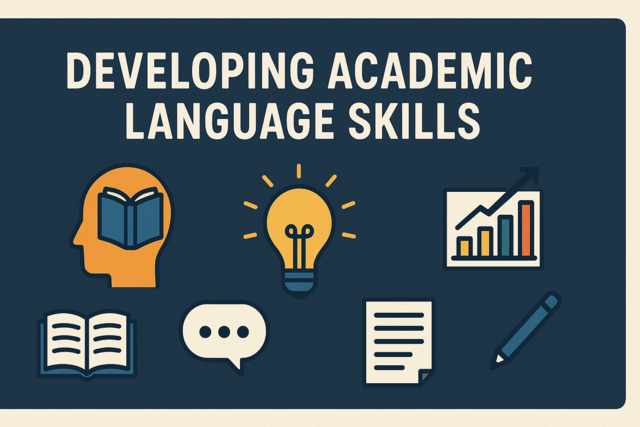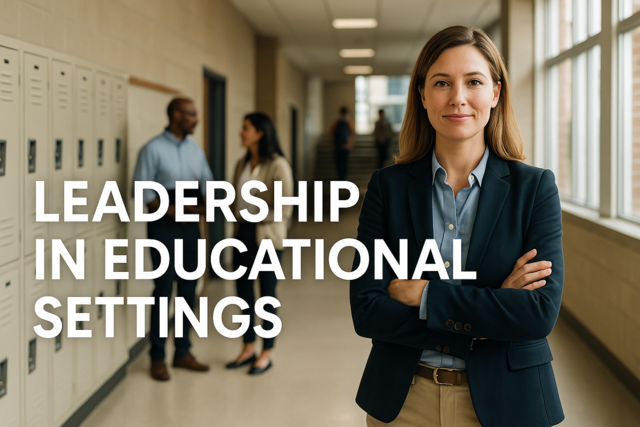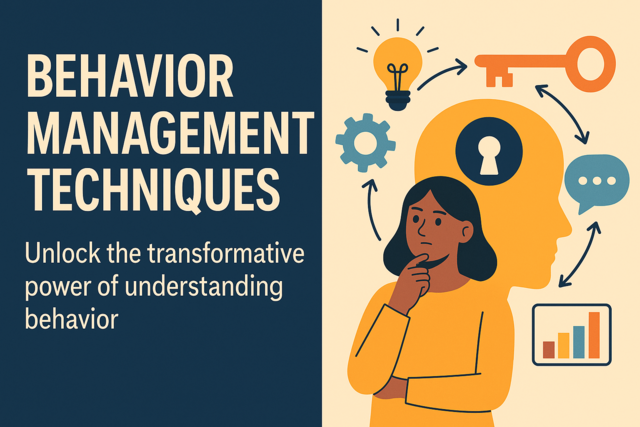Online Class: The Role of Feedback in Student Learning

no certificate
with CEU Certificate*
-
15Lessons
-
22Exams &
Assignments -
4Hours
average time -
0.4CEUs
Course Description
Imagine a world where every critique you receive doesn't just point out what needs improvement but inspires you to strive for your best self. Imagine education not as a distant monologue but as an interactive dialogue that evolves with you. Picture yourself not as a passive attendee of online classes, but as an active participant shaping your destiny. Welcome to "The Role of Feedback in Student Learning"—a groundbreaking course that redefines your educational journey and transforms it into an extraordinary adventure of growth and empowerment.
From ancient Socratic dialogues to sophisticated algorithms of today's digital age, feedback has shaped human learning in countless ways. But have you ever stopped to wonder not just how feedback works, but how it could work for you—uniquely, powerfully, and personally? Our course invites you to embark on this exploration, promising not just insights, but life-changing revelations.
Dive into a curriculum designed not to lecture at you, but to engage with you. From the very first lesson, you will unlock the true potential of feedback, viewing it as an ally in your educational journey. Learn to harness its ability to foster resilience and innovation in both personal and academic realms. Imagine the thrill of revisiting a critique not as a red light but as a green signal towards inspired self-improvement.
As you navigate through the course, you will discover feedback as a dynamic force that transcends the traditional teacher-student hierarchy. Whether in the classroom or within virtual spaces, learn how feedback morphs from structured exams to spontaneous, invaluable insights that touch every aspect of your learning experience. You'll understand the nuances of delivering and receiving feedback across various cultural contexts, allowing you to engage more effectively in a world that's more connected yet diverse than ever before.
In today's world, where technology is intricately interwoven with education, imagine leveraging cutting-edge platforms that provide instantaneous, personalized feedback, carving a learning path tailored just for you. Whether through AI-driven systems that adapt to your pace and style or immediate feedback tools like Turnitin, this course empowers you to refine your understanding in real-time, ensuring that learning never has to stop at the last bell of class.
But it's not just about technology—it's about a mindset. Embrace feedback as a catalyst for developing a growth mindset. Instead of fearing failure, you'll come to see mistakes as exciting opportunities, akin to stepping stones on the journey to mastery. Through this course, imbibe this philosophy and transform your educational experience into a cycle of constant growth and creativity.
Collaboration is another vital skill you'll hone in this course. Peer feedback isn't just about sharing opinions; it's about crafting insights that lift each other to new heights. You'll learn not just to give or receive feedback, but to engage in meaningful exchanges that yield substantial personal and academic gains. Imagine a community united by shared goals and improvements, where feedback becomes the glue binding unique minds together.
Our course culminates in empowering you to master the art of self-assessment. With clear rubrics and structured frameworks at your disposal, you'll gain clarity in evaluating your work independently. This cultivates a strong foundation for lifelong learning, an essential skill in navigating both professional and personal landscapes.
No other course combines the art and science of feedback across varied contexts and modern tools. None will immerse you so completely, taking you beyond textbooks and timestamps into a realm where your educational priorities align with personal growth. "The Role of Feedback in Student Learning" is not just a class—it is a catalyst, redefining your relationship with knowledge, encouraging your inherent abilities, and ushering you into a future bright with potential.
Seize the opportunity today. Enroll, engage, and emerge transformed. Unleash your innate potential and steer your learning with confidence, precision, and inspiration. Join us, and discover a world where feedback isn't just an interaction but a journey towards the fulfillment of your true potential.
- Completely Online
- Self-Paced
- 6 Months to Complete
- 24/7 Availability
- Start Anytime
- PC & Mac Compatible
- Android & iOS Friendly
- Accredited CEUs

Course Lessons
Lesson 1. The Role of Feedback in Educational Growth
Feedback's history is rich, evolving from Socratic methods to contemporary data-driven analytics, illustrating its critical role in educational development. With advanced technologies, feedback delivery is now more personalized and immediate, adapting to individual learning needs and enhancing student engagement.Lesson 2. Feedback Dynamics: From Classroom Insights to Personal Development
Feedback in education acts as a transformative force, shaping learning experiences through both formal, structured evaluations and spontaneous informal interactions. Emphasizing specificity, timeliness, and constructive insights, feedback not only improves academic outcomes but also fosters personal growth and resilience.Lesson 3. Feedback in the Digital Age: Personalization and Innovation
Acting as a bedrock of education, feedback offers a roadmap for student growth by clarifying expectations and guiding improvements. By blending immediate, specific, and supportive feedback, educators create a nurturing environment that fosters intrinsic motivation and lifelong learning.Lesson 4. Growth Mindset: A New Era of Learning
Feedback's ideal function transcends simple criticism, evolving into a precise guide for identifying strengths and areas needing improvement, demonstrated in classrooms shifting from mere answer marking to critiquing reasoning or artistic intent. This approach enhances genuine problem-solving skills and expressive capabilities, integral for nurturing a growth mindset.Lesson 5. Timely Feedback: A Pillar of Modern Learning
Timely feedback is crucial in modern education, boosting learning outcomes by enabling immediate reflection and correction. Its impact transcends academia, fostering motivation and growth in both educational settings and the workplace.Lesson 6. Tailoring Feedback: Leveraging Learning Styles for Success
Beyond VARK, social and solitary learning preferences further complicate the educational landscape, requiring nuanced feedback methods. These insights into personal learning preferences make it possible to create collaborative or reflective atmospheres conducive to effective learning.Lesson 7. Empowering Learning through Modern Feedback Mechanisms
AI integration in educational platforms revolutionizes feedback delivery by creating personalized learning experiences that adapt to individual student needs. Tools like GradeScope and Turnitin provide immediate, actionable feedback, enabling continuous learning by allowing students to refine their understanding effectively.Lesson 8. Feedback Across Cultures
Western cultures, like the US and many European countries, often favor direct feedback, which aids in clear guidance and personal growth. In contrast, Eastern cultures, prioritizing harmony, typically employ more indirect methods that protect personal dignity while still providing constructive criticism.Lesson 9. Harnessing Peer Feedback for Enhanced Learning and Development
Structured guidelines and feedback frameworks are crucial for maximizing the effectiveness of peer feedback. By focusing on specificity and encouraging open-ended dialogue, students provide targeted and meaningful insights that foster continuous improvement.Lesson 10. The Power of Feedback in Modern Education
Feedback timing profoundly influences learning effectiveness, with immediate feedback reinforcing correct practices and delayed feedback fostering critical analysis. A deliberate balance of feedback timing can engage diverse learning styles, helping students reflect and refine their understanding and skills.Lesson 11. Unlocking Growth: A Transformative Mindset Approach
In education, embracing feedback within a growth mindset framework shifts perceptions of failure from finality to stepping stones, encouraging students to refine their approaches actively. Feedback becomes an empowering vehicle, transforming reactions to mistakes into enhanced learning strategies, akin to software cycles of continuous improvement.Lesson 12. Mastery Through Self-Assessment
The integration of rubrics and self-assessment methodologies enriches student learning by providing clear criteria for evaluating performance. This clarity nurtures a culture of continuous improvement, ultimately fostering independent, lifelong learners.Lesson 13. The Art of Feedback: Strategies for Motivating and Guiding Student Growth
Feedback delivery is an evolving art enriched by technology, cultural awareness, and targeted methodologies prompted by introspective teacher reflection. Teachers adapting their strategies can create dynamic, inclusive feedback experiences that resonate with individual student needs, thus fostering a thriving educational community.Lesson 14. Maximizing Learning through Feedback
Through a balanced approach that combines numerical and narrative evaluation methods, students receive comprehensive feedback that illuminates both their academic abilities and interpersonal skills. Educators can harness this multifaceted framework to design a more inclusive and motivating learning environment that centers around student empowerment.Lesson 15. The Art of Personalized Feedback: Catering to Diverse Learning Styles
By aligning feedback with individual learning styles, educators foster a more engaging and personalized educational environment that accommodates visual, auditory, kinesthetic, and reading/writing preferences. Incorporating cultural sensitivity and adaptive learning technologies further enhances the impact of feedback, driving student motivation and achievement.
Learning Outcomes
- Demonstrate the ability to apply descriptive feedback techniques to improve student performances and foster self-regulation skills.
- Recognize and differentiate between formative and summative feedback strategies to enhance personalized learning paths.
- Demonstrate the impact of timely and constructive feedback on student learning and development by analyzing research findings and real-life scenarios.
- Define and differentiate between formal and informal feedback, providing examples of their application in educational settings.
- Define the role of feedback in enhancing student motivation by identifying at least three specific features that make feedback effective.
- Demonstrate an understanding of how technology enhances feedback delivery in education by describing two technological tools that support diverse learning preferences.
- Demonstrate the ability to incorporate constructive criticism into personal growth plans by reflecting on feedback and setting specific goals for improvement.
- Identify and differentiate between growth and fixed mindsets by analyzing how constructive criticism influences learning approaches and adaptability.
- Demonstrate an understanding of how immediate feedback can aid in knowledge retention and error correction in various learning scenarios by applying this concept to specific examples.
- Identify the effects of timely feedback on student motivation and engagement by analyzing recent research findings in educational psychology.
- Demonstrate the ability to tailor feedback strategies to accommodate individual learning preferences and enhance educational outcomes.
- Recognize and differentiate between the VARK learning styles (Visual, Auditory, Reading/Writing, Kinesthetic) and describe how each style influences feedback preferences.
- Define how digital platforms enhance learning experiences through timely and personalized feedback.
- Demonstrate mastery of lesson content at levels of 70% or higher.
Additional Course Information

- Document Your Lifelong Learning Achievements
- Earn an Official Certificate Documenting Course Hours and CEUs
- Verify Your Certificate with a Unique Serial Number Online
- View and Share Your Certificate Online or Download/Print as PDF
- Display Your Certificate on Your Resume and Promote Your Achievements Using Social Media

Choose Your Subscription Plan
No Certificate / No CEUs
This course only
| Includes certificate | X |
| Includes CEUs | X |
| Self-paced |

|
| Instructor support |

|
| Time to complete | 6 months |
| No. of courses | 1 course |
Certificate & CEUs
This course only
| Includes certificate |

|
| Includes CEUs |

|
| Self-paced |

|
| Instructor support |

|
| Time to complete | 6 months |
| No. of courses | 1 course |
Certificates & CEUs
Includes all 600+ courses
| Includes certificate |

|
| Includes CEUs |

|
| Self-paced |

|
| Instructor support |

|
| Time to complete | 12 Months |
| No. of courses | 600+ |
Certificates & CEUs
Includes all 600+ courses
| Includes certificate |

|
| Includes CEUs |

|
| Self-paced |

|
| Instructor support |

|
| Time to complete | 24 Months |
| No. of courses | 600+ |
Related Courses
-
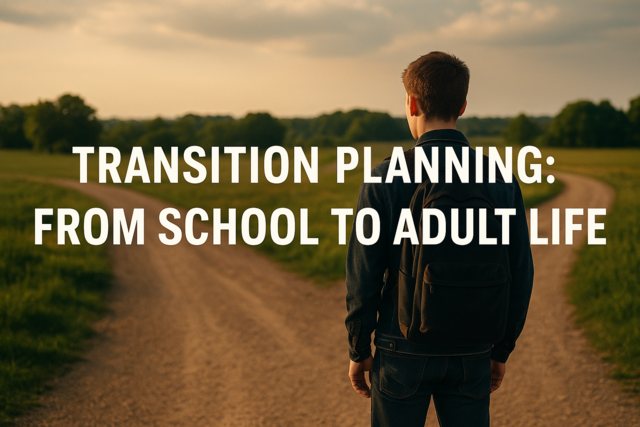 6 hours
0.6 CEUs
Transition Planning: From School to Adult Life
+ More Info
6 hours
0.6 CEUs
Transition Planning: From School to Adult Life
+ More Info
-
 5 hours
0.5 CEUs
Creating Engaging Online Content
+ More Info
5 hours
0.5 CEUs
Creating Engaging Online Content
+ More Info
-
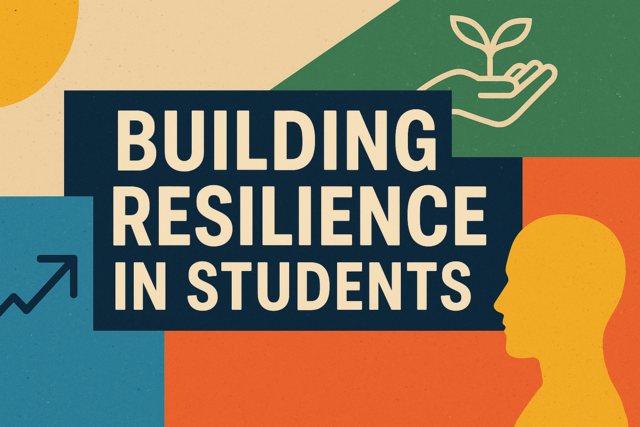 3 hours
0.3 CEUs
Building Resilience in Students
+ More Info
3 hours
0.3 CEUs
Building Resilience in Students
+ More Info
-
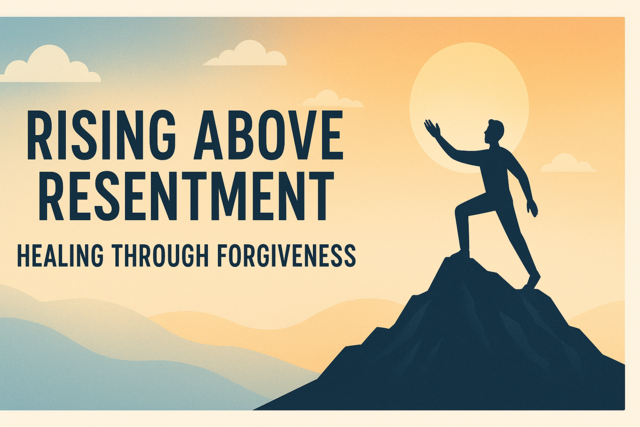 4 hours
0.4 CEUs
Rising Above Resentment: Healing Through Forgiveness
+ More Info
4 hours
0.4 CEUs
Rising Above Resentment: Healing Through Forgiveness
+ More Info
-
 6 hours
0.6 CEUs
Fashion Forward: Trendsetting in the Modern Era
+ More Info
6 hours
0.6 CEUs
Fashion Forward: Trendsetting in the Modern Era
+ More Info
-
 6 hours
0.6 CEUs
Legacy Building: Creating a Family Culture to Last
+ More Info
6 hours
0.6 CEUs
Legacy Building: Creating a Family Culture to Last
+ More Info
-
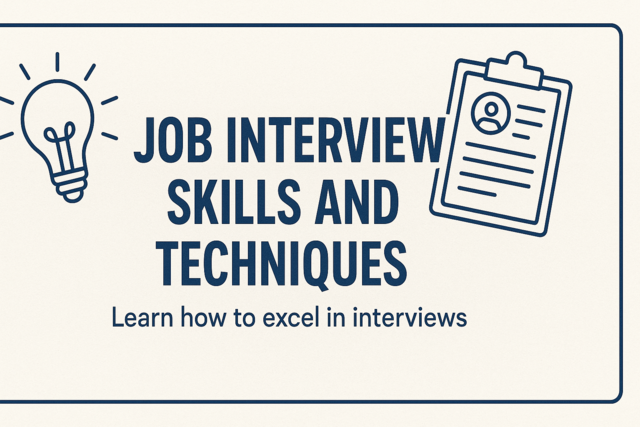 4 hours
0.4 CEUs
Job Interview Skills and Techniques
+ More Info
4 hours
0.4 CEUs
Job Interview Skills and Techniques
+ More Info
-
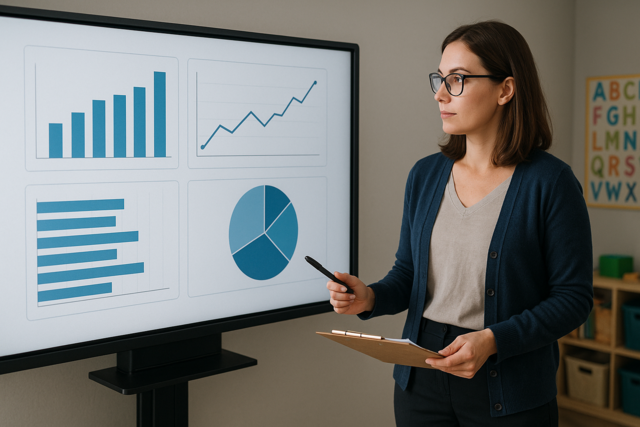 6 hours
0.6 CEUs
Data-Driven Decision Making in Special Education
+ More Info
6 hours
0.6 CEUs
Data-Driven Decision Making in Special Education
+ More Info
-
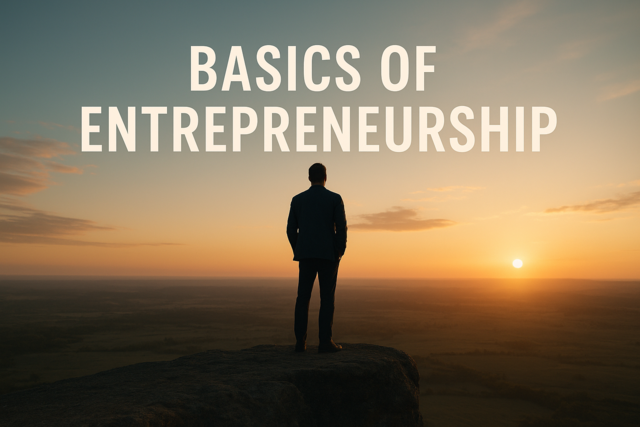 7 hours
0.7 CEUs
Basics of Entrepreneurship
+ More Info
7 hours
0.7 CEUs
Basics of Entrepreneurship
+ More Info
-
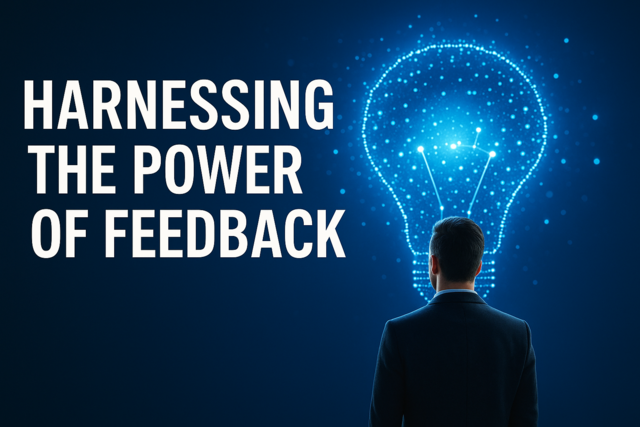 5 hours
0.5 CEUs
Harnessing the Power of Feedback
+ More Info
5 hours
0.5 CEUs
Harnessing the Power of Feedback
+ More Info
-
 6 hours
0.6 CEUs
Numerology and Life Path Analysis
+ More Info
6 hours
0.6 CEUs
Numerology and Life Path Analysis
+ More Info
-
 4 hours
0.4 CEUs
Leadership Skills for Emerging Leaders
+ More Info
4 hours
0.4 CEUs
Leadership Skills for Emerging Leaders
+ More Info
-
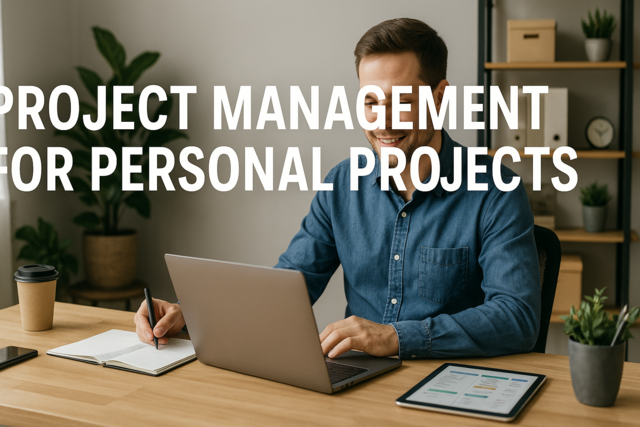 6 hours
0.6 CEUs
Project Management for Personal Projects
+ More Info
6 hours
0.6 CEUs
Project Management for Personal Projects
+ More Info
-
 5 hours
0.5 CEUs
Advanced Writing and Editing Skills
+ More Info
5 hours
0.5 CEUs
Advanced Writing and Editing Skills
+ More Info
-
 5 hours
0.5 CEUs
The Enigmatic Dimensions of Time
+ More Info
5 hours
0.5 CEUs
The Enigmatic Dimensions of Time
+ More Info
-
 6 hours
0.6 CEUs
Mysteries of Druidic Lore and Alchemical Practices
+ More Info
6 hours
0.6 CEUs
Mysteries of Druidic Lore and Alchemical Practices
+ More Info
-
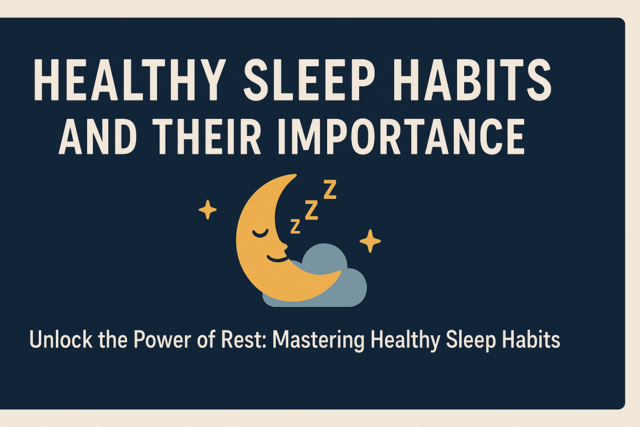 7 hours
0.7 CEUs
Healthy Sleep Habits and Their Importance
+ More Info
7 hours
0.7 CEUs
Healthy Sleep Habits and Their Importance
+ More Info
-
 5 hours
0.5 CEUs
Iconic Inspirations: Modern Fashion's Heritage and Future
+ More Info
5 hours
0.5 CEUs
Iconic Inspirations: Modern Fashion's Heritage and Future
+ More Info
-
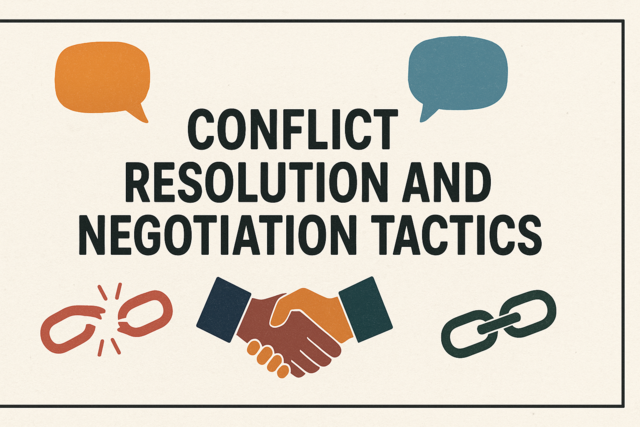 7 hours
0.7 CEUs
Conflict Resolution and Negotiation Tactics
+ More Info
7 hours
0.7 CEUs
Conflict Resolution and Negotiation Tactics
+ More Info
-
 4 hours
0.4 CEUs
Elite Ensembles: Crafting Timeless Women's Looks
+ More Info
4 hours
0.4 CEUs
Elite Ensembles: Crafting Timeless Women's Looks
+ More Info
-
 6 hours
0.6 CEUs
Redefining Romance: Finding Love Beyond the Fairytale
+ More Info
6 hours
0.6 CEUs
Redefining Romance: Finding Love Beyond the Fairytale
+ More Info
-
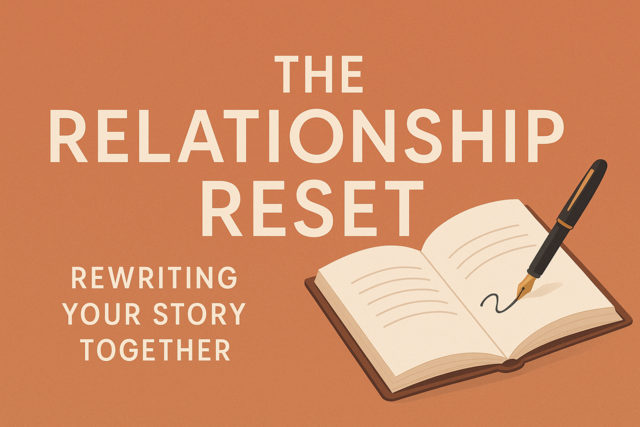 5 hours
0.5 CEUs
The Relationship Reset: Rewriting Your Story Together
+ More Info
5 hours
0.5 CEUs
The Relationship Reset: Rewriting Your Story Together
+ More Info
-
 4 hours
0.4 CEUs
Sound Healing: Vibrations for Wellness
+ More Info
4 hours
0.4 CEUs
Sound Healing: Vibrations for Wellness
+ More Info
-
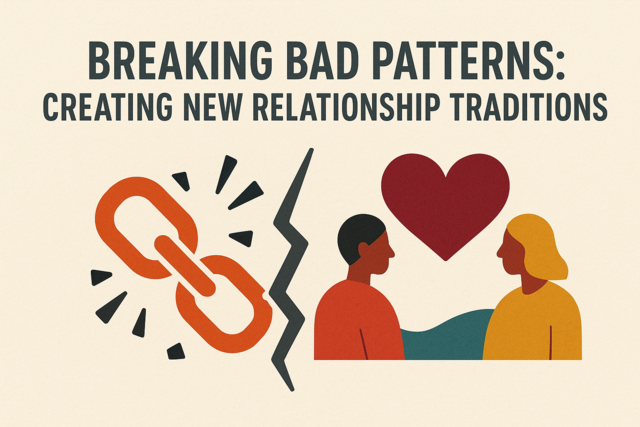 5 hours
0.5 CEUs
Breaking Bad Patterns: Creating New Relationship Traditions
+ More Info
5 hours
0.5 CEUs
Breaking Bad Patterns: Creating New Relationship Traditions
+ More Info
-
 6 hours
0.6 CEUs
Digital Marketing Fundamentals
+ More Info
6 hours
0.6 CEUs
Digital Marketing Fundamentals
+ More Info
-
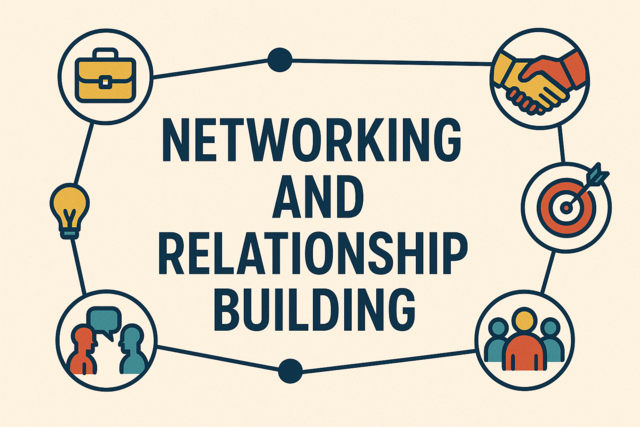 7 hours
0.7 CEUs
Networking and Relationship Building
+ More Info
7 hours
0.7 CEUs
Networking and Relationship Building
+ More Info
-
 3 hours
0.3 CEUs
Career Resilience and Adaptability
+ More Info
3 hours
0.3 CEUs
Career Resilience and Adaptability
+ More Info
-
 3 hours
0.3 CEUs
Family Dynamics Decoded: Understanding & Improving Interactions
+ More Info
3 hours
0.3 CEUs
Family Dynamics Decoded: Understanding & Improving Interactions
+ More Info
-
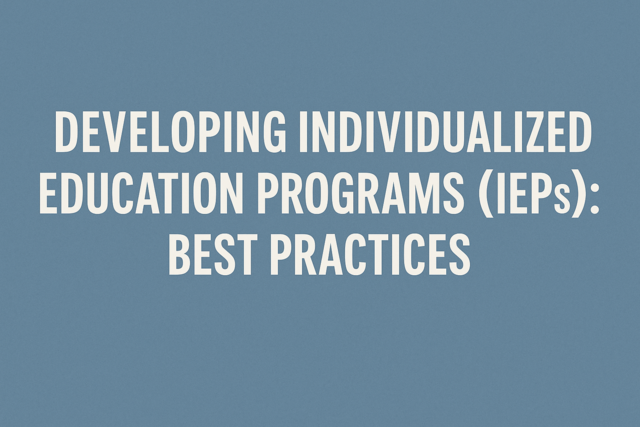 4 hours
0.4 CEUs
Developing Individualized Education Programs (IEPs): Best Practices
+ More Info
4 hours
0.4 CEUs
Developing Individualized Education Programs (IEPs): Best Practices
+ More Info
-
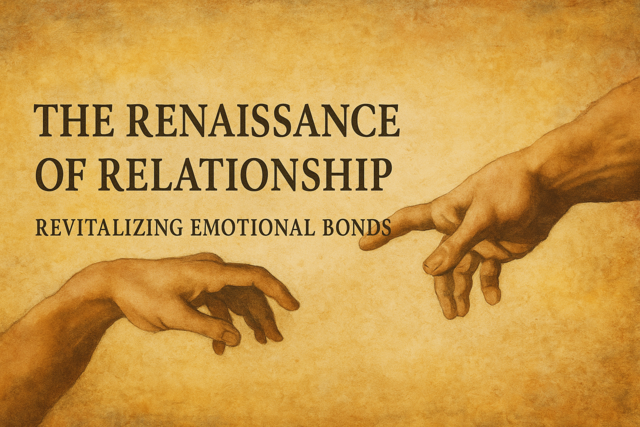 7 hours
0.7 CEUs
The Renaissance of Relationship: Revitalizing Emotional Bonds
+ More Info
7 hours
0.7 CEUs
The Renaissance of Relationship: Revitalizing Emotional Bonds
+ More Info
-
 7 hours
0.7 CEUs
Spiritual Awakening and Self-Discovery
+ More Info
7 hours
0.7 CEUs
Spiritual Awakening and Self-Discovery
+ More Info
-
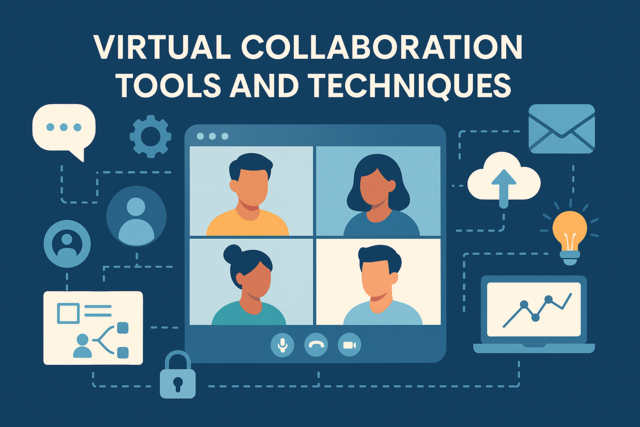 5 hours
0.5 CEUs
Virtual Collaboration Tools and Techniques
+ More Info
5 hours
0.5 CEUs
Virtual Collaboration Tools and Techniques
+ More Info
-
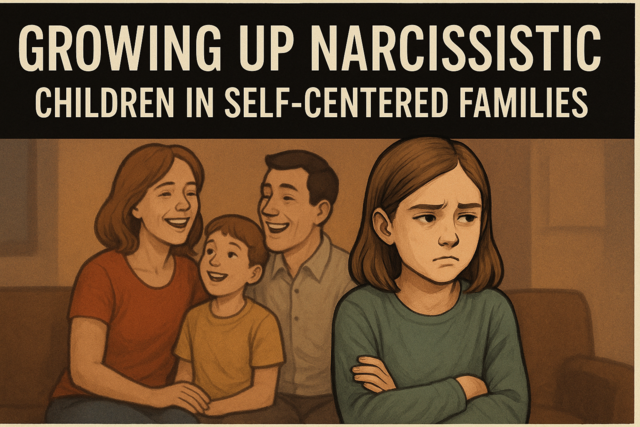 3 hours
0.3 CEUs
Growing Up Narcissistic: Children in Self-Centered Families
+ More Info
3 hours
0.3 CEUs
Growing Up Narcissistic: Children in Self-Centered Families
+ More Info
-
 7 hours
0.7 CEUs
The Science of Miracles: When Logic Defies Understanding
+ More Info
7 hours
0.7 CEUs
The Science of Miracles: When Logic Defies Understanding
+ More Info
-
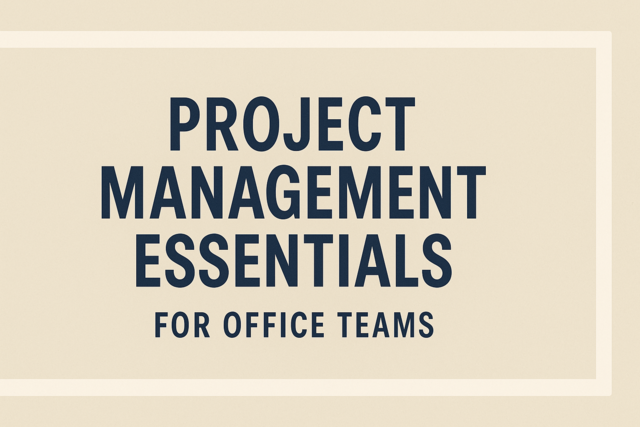 7 hours
0.7 CEUs
Project Management Essentials for Office Teams
+ More Info
7 hours
0.7 CEUs
Project Management Essentials for Office Teams
+ More Info
-
 6 hours
0.6 CEUs
The New Chic: Redefining Urban Elegance
+ More Info
6 hours
0.6 CEUs
The New Chic: Redefining Urban Elegance
+ More Info
-
 5 hours
0.5 CEUs
The Art of Listening: Creating Understanding in Relationships
+ More Info
5 hours
0.5 CEUs
The Art of Listening: Creating Understanding in Relationships
+ More Info
-
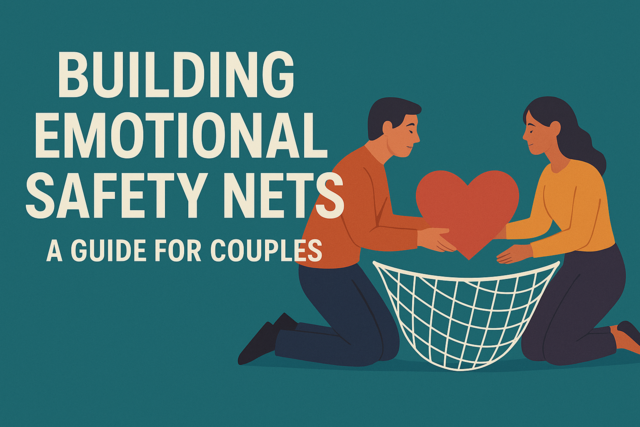 5 hours
0.5 CEUs
Building Emotional Safety Nets: A Guide for Couples
+ More Info
5 hours
0.5 CEUs
Building Emotional Safety Nets: A Guide for Couples
+ More Info
-
 7 hours
0.7 CEUs
Emotional Detox: Clearing Pathways to Better Relationships
+ More Info
7 hours
0.7 CEUs
Emotional Detox: Clearing Pathways to Better Relationships
+ More Info


